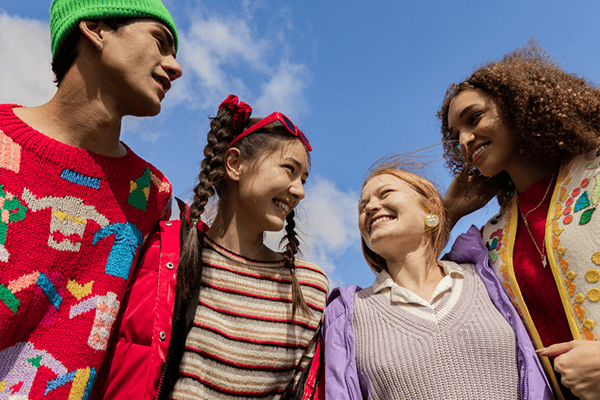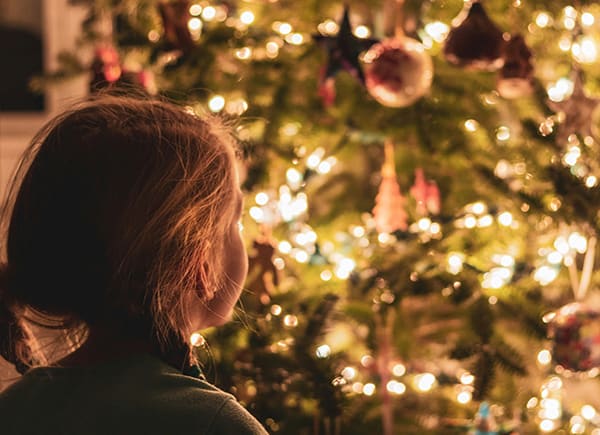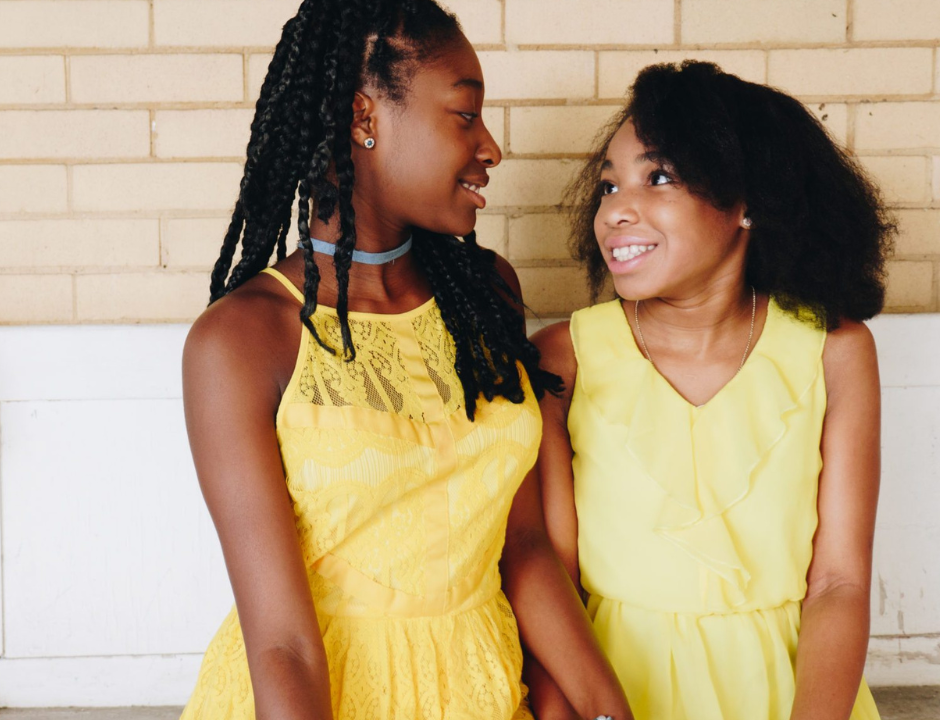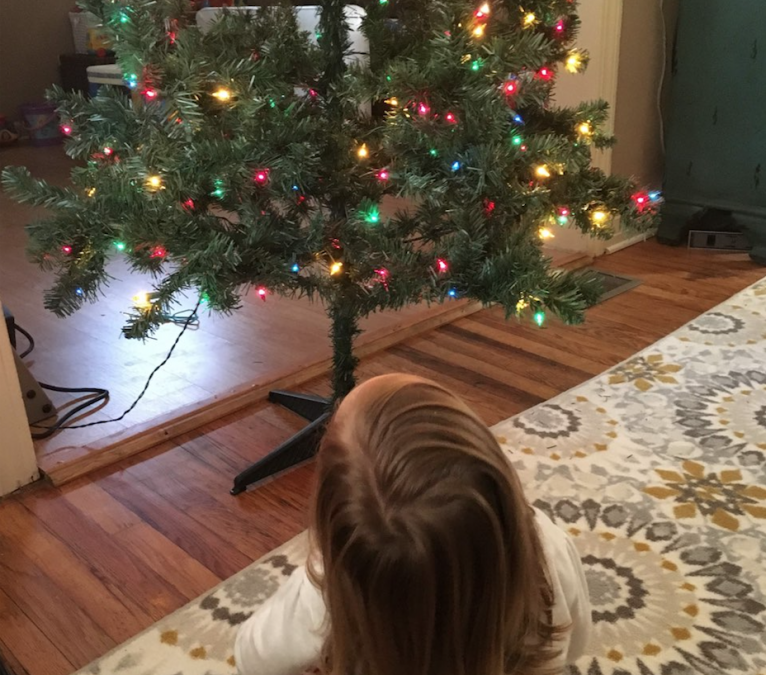
Big Days can be hard for kids and grown-ups alike. I’ve found that the stress, the anxiety, and even the excitement of celebrations can lead to explosive meltdowns for the kids (and even myself) especially over the holidays. The string of celebrations from October through the new year can be hard on kids in foster care. These holidays are probably days they have celebrated with their own families, in their own homes, with their own traditions for years before we have known them. More than likely, the way that they have celebrated these days before (or haven’t celebrated them) is different than the way we celebrate with our families.
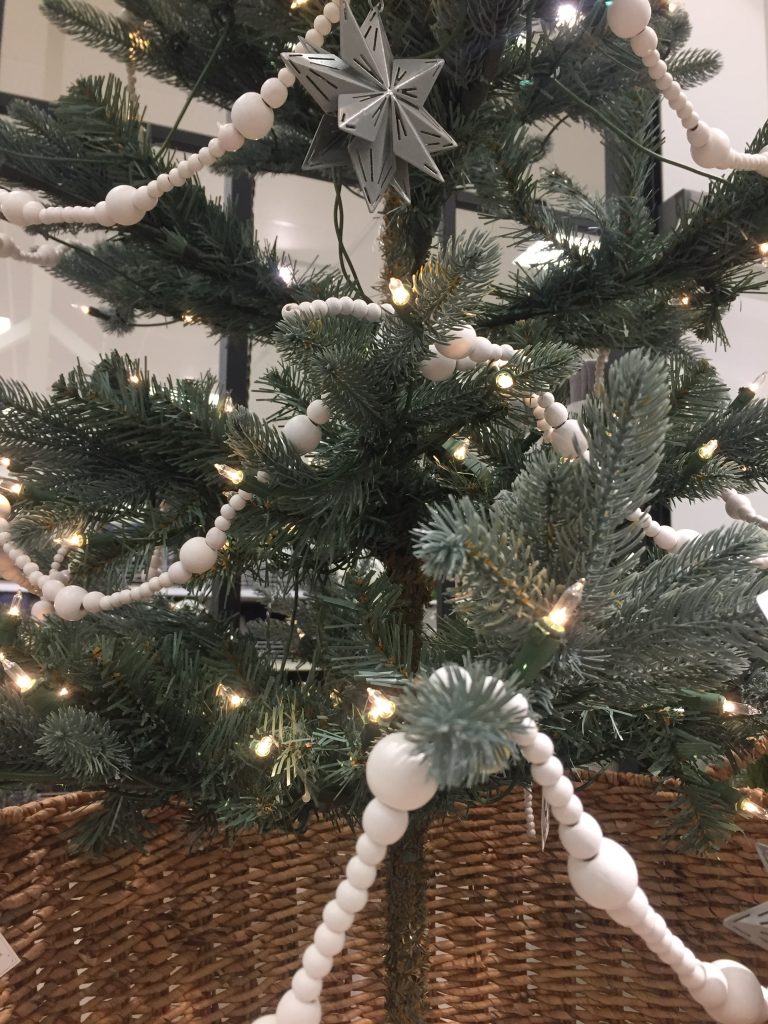
I tend to have unrealistic expectations about these special days. I’ve planned for weeks or even months how we would celebrate. I imagined how cute the kids would look in their matching pajamas, how special it would be for everyone to eat a big fancy meal together, how their precious faces would light up when they got exactly what they wanted under the tree. But, oh man. That is not always how it goes, is it? During the holidays, we’ve experienced kids coming and going. There is always some level of uncertainty in foster care and for me, that is heightened around the holidays.
So if these big days (no matter how joyful) are stressful even for me, for the tiny humans I am raising, it is probably doubly stressful. There are new people. New places. New smells. New foods. New routines. The chaos of it all doesn’t add up to feeling calm and in-control. So what do I do as a parent? How can I make these celebrations not so overwhelming?
Here are five (easier said than done) suggestions:
- Keep celebrations simple– it is tempting to go over the top with meals, late nights, lots of gifts, and endless activities. I’ve found that simplicity is more easily enjoyed by all. And if you can do it all in your pajamas, even better. Give your extended family and friends permission to take the pressure off as well. Everyone may thank you!
- Don’t overhype– You want everyone to be excited for what you have planned, but when you oversell the magic of a holiday, you may be setting yourself up for disappointment. I’ve found that being realistic and honest about what to expect helps all of us.
- Prepare the kids– explain the plans for what you’ll be doing in advance. Lead them up to big days by easing them in, helping them understand what to expect, and what the expectations of them will be. Paint a realistic picture about what the day will be like, who will be there, what you will be doing, and how long it will last.
- Lower Stimulation- Stop for a second and look around you. Are there lights on the tree? Music playing? Breakable ornaments within arms reach? Lots of people talking? Kids running around playing? What may feel like beautiful chaos to you, may feel overwhelming to a kid who is already nervous. If possible, try to think about lowering the stimulation in whatever space you’ll be in. Try to talk with close friends and family that you’ll be celebrating with about little things you can all do to help avoid meltdowns.
- Give permission for kids to feel what they’re feeling– Validate, validate, validate. It’s okay for them to miss mom and dad instead of being happy about their gifts. That’s what they feel. It’s not that they are ungrateful. It’s that they miss their parents. This one is hard for me. I hate to admit it, but it’s true.
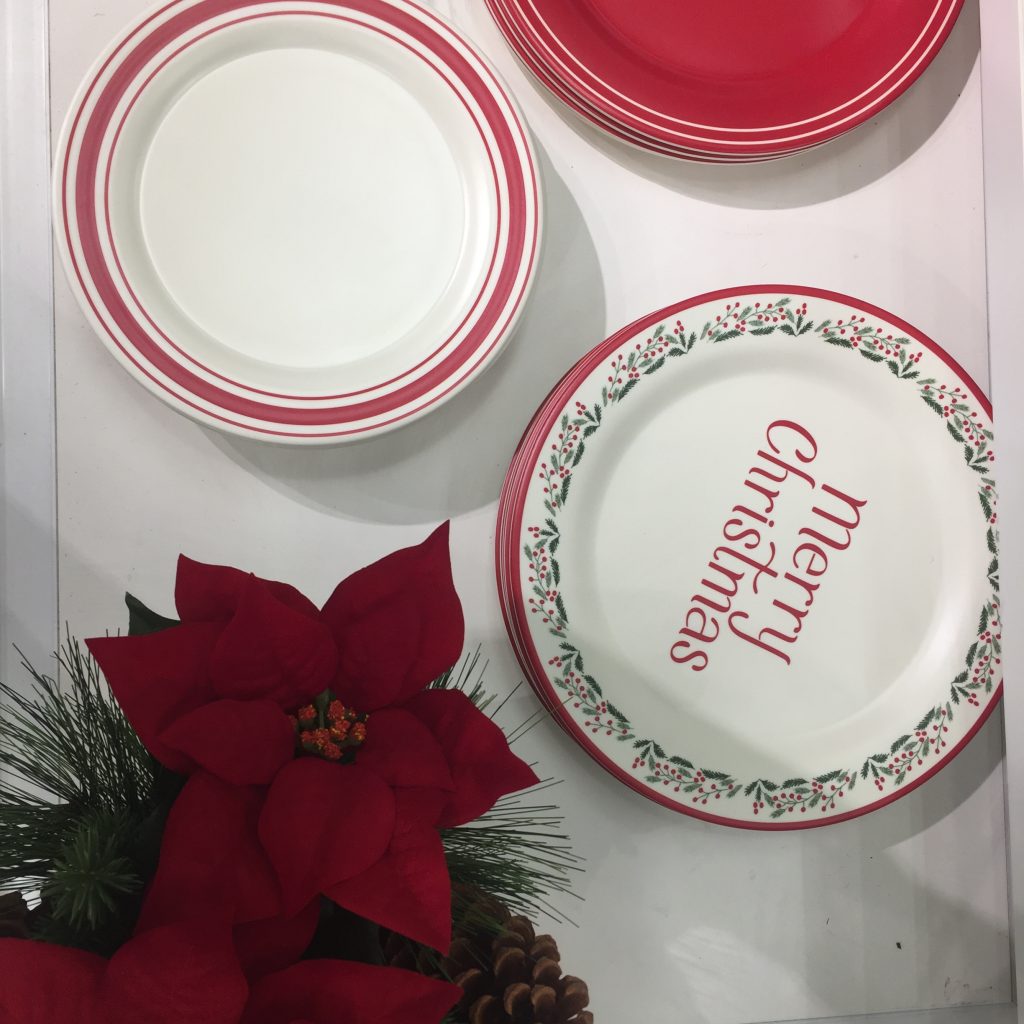
Finally, here is a bonus suggestion. I’ve learned this for myself over the years. I don’t make our kids hug or kiss anyone they don’t want to. These kids have experienced so much in their short lives. Giving them autonomy over their own bodies helps them to feel in control; I have had the hard conversations and I’ve found this makes our holidays so much smoother when they know in advance that they don’t owe grandma a hug even if she’s given them an amazing gift. I have had the hard conversation with our families and friends to let them know that they may just get a high-five instead of a hug. They may get a verbal “thank you” instead of a kiss. We try to acknowledge our gratitude in non-physical ways. It teaches our kids both how to express gratitude and how to respect their own boundaries. We also give them choices if there is a question of whether or not they are ready for physical touch- “can you give Sarah a hug or high-five to say goodbye?” or “can you tell Jack thank you or give him a fist-bump for the nice gift?”
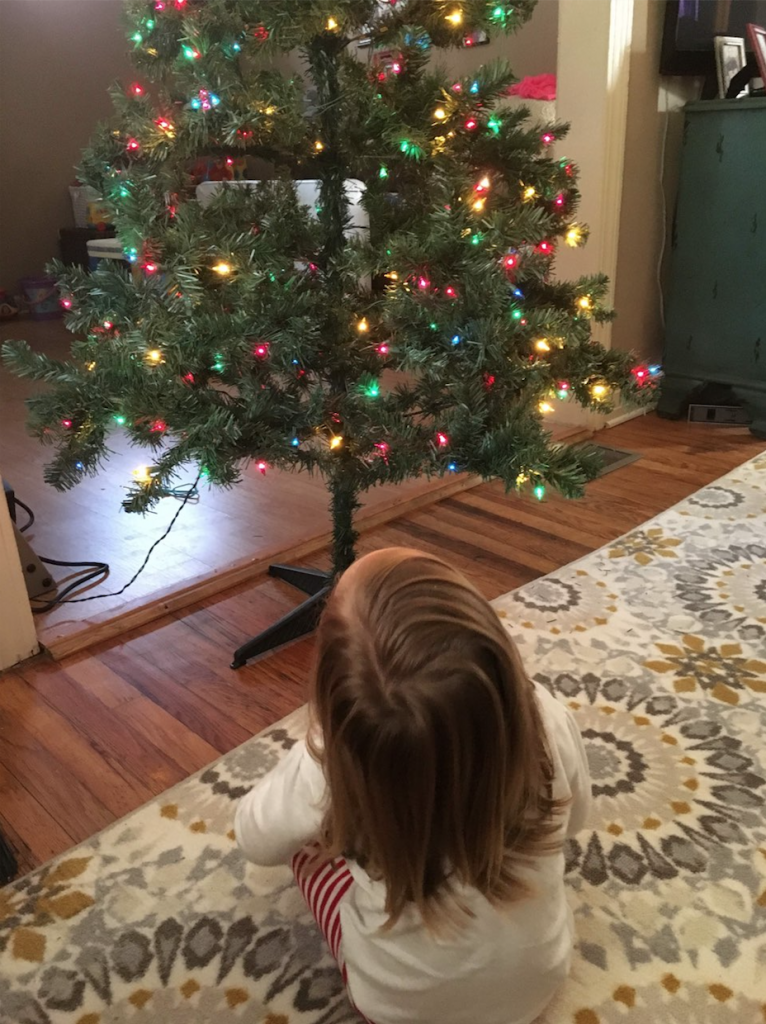
There is no play book for holidays. For parenting. For families. For foster care. Oh, I wish there was! “Big Days” can be hard for my kids and for me. While I love celebrating with family, I’ve found that the stress, the anxiety, and even the excitement of celebrations can lead to us all feeling less-than-merry. With thoughtfulness and intention, we are creating our own traditions and routines for the holidays. They look different than I imagined, but I love them so much more than I did when we were doing it the way I thought we were supposed to. Sometimes less is more.

